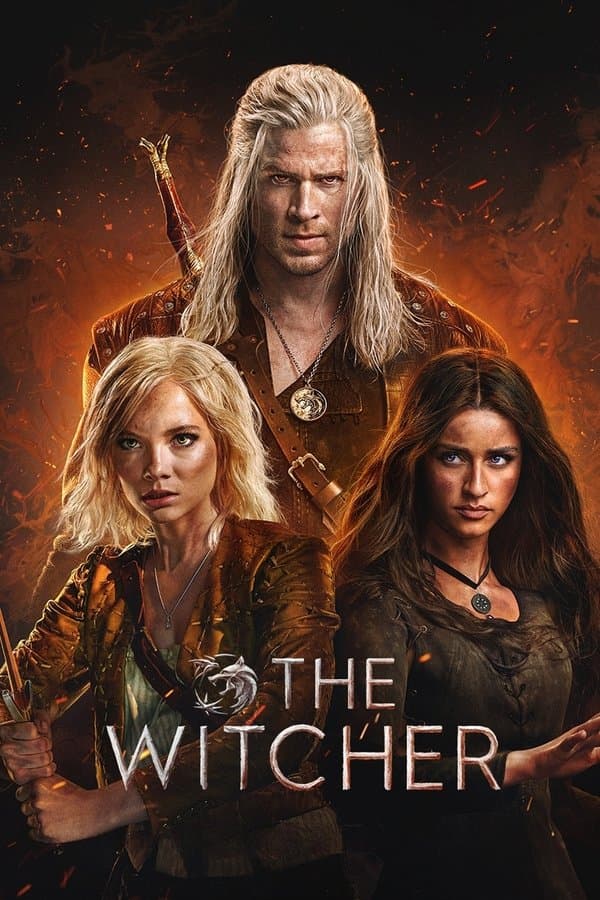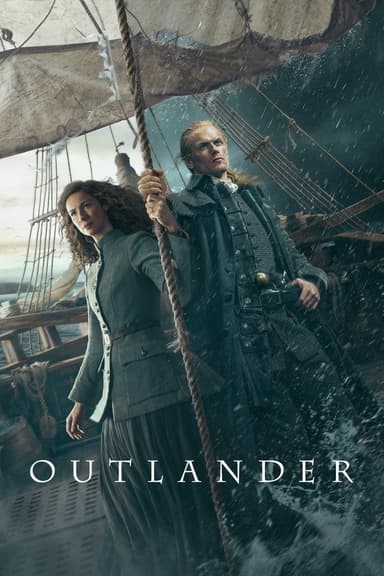
The Witcher
2019 • Action & Adventure, Drama • TV-MA
Geralt of Rivia, a mutated monster-hunter for hire, journeys toward his destiny in a turbulent world where people often prove more wicked than beasts.
Why you should read the novels
Dive into Andrzej Sapkowski’s Witcher novels for an immersive experience that television cannot fully replicate. The books offer multifaceted characterization and intricate mythology, inviting readers to explore Geralt’s world on a deeper level. Sapkowski’s narrative blends folklore, dark humor, and philosophical depth, enriching the fantasy genre with stories that are thought-provoking and immersive.
Reading the novels uncovers a wealth of detail behind Geralt’s relationships with Yennefer, Ciri, and other key figures, providing context and emotional resonance that exceeds the constraints of episodic storytelling. Subplots that illuminate the moral ambiguity and socio-political climate of the Continent are explored with nuance in the books.
If you’ve enjoyed the TV series, the source novels offer even more—layered themes, subtle humor, and the original vision of The Witcher’s world. Experience Sapkowski’s unique voice, marvel at the lyrical prose, and savor the lore as the author intended, all by turning the pages of this compelling literary series.
Adaptation differences
One of the most notable differences between the TV series and the books is the narrative structure. Sapkowski’s first two books, 'The Last Wish' and 'Sword of Destiny,' are collections of short stories that jump between different points in Geralt’s journey, presenting his adventures in a non-linear fashion. The series chooses to interweave the timelines of Geralt, Yennefer, and Ciri, sometimes sacrificing the books’ subtlety for clarity or dramatic effect.
Character development and relationships often diverge significantly. In the novels, Geralt’s connections with Yennefer, Ciri, and others are developed gradually and through subtleties, with much internal monologue and reflection. The television adaptation tends to accelerate these relationships, sometimes condensing or altering key moments and emotional beats to fit episodic pacing.
Lore and exposition are also handled differently. Sapkowski’s writing provides extensive and nuanced world-building, using history, politics, and humor to enrich the setting and its inhabitants. The TV series, limited by screen time, frequently omits or simplifies these elements, which can result in a less textured understanding of the world and its complex moral or political themes.
Finally, certain events and characters either differ radically or are completely omitted in the adaptation. Some short stories and side characters that add depth and context to Geralt’s persona are condensed or left out. Meanwhile, creative liberties—such as shifting the focus of certain plotlines or inventing new scenarios—alter the tone and intentions behind the saga, making the viewing experience distinct from Sapkowski’s original literary vision.
The Witcher inspired from
The Tower of Swallows
by Andrzej Sapkowski
Baptism of Fire
by Andrzej Sapkowski
Sword of Destiny
by Andrzej Sapkowski
The Last Wish
by Andrzej Sapkowski
Blood of Elves
by Andrzej Sapkowski
The Lady of the Lake
by Andrzej Sapkowski
Season of Storms
by Andrzej Sapkowski
Time of Contempt
by Andrzej Sapkowski





